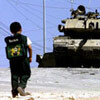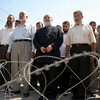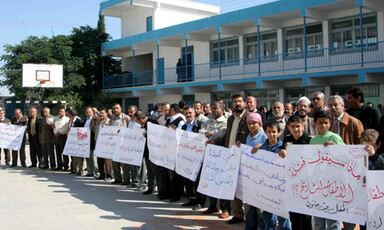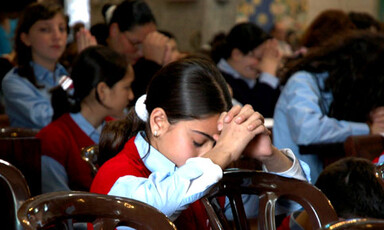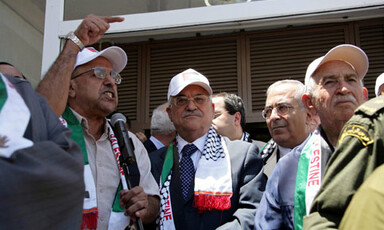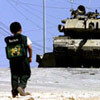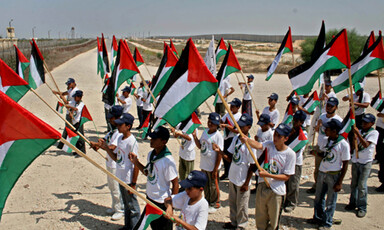
Frustration mounts amongst the stranded at al-Arish
al-Arish, Egypt 26 July 2007
Any patience we might have once had has dissipated during the past weeks we’ve been stranded here in Egypt — any patience that would have held us over as we have been badly missing our loved ones in Gaza, the patience we might have once had steadily running out along with our money. To learn about these seemingly forgotten Palestinians, EI correspondent Rami Almeghari, also stuck in Egypt, heard the accounts of some of the thousands of people trying to return to their homes and lives in Gaza. Read more about Frustration mounts amongst the stranded at al-Arish
